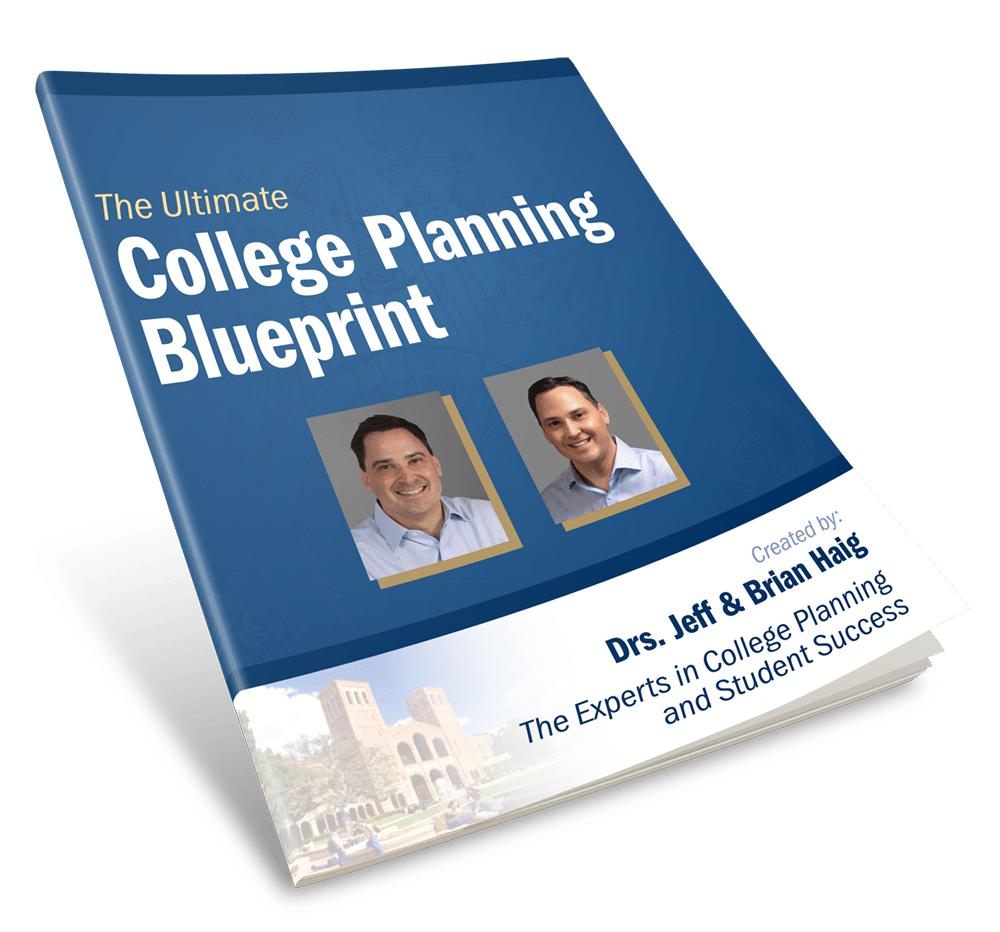It’s been another great year at Strategic College Consulting for admissions. Students have earned acceptances to many of the top colleges including the Ivy League universities, UCLA, Berkeley, UMich, NYU, U of Chicago, many specialty and tech colleges, and so much more! And we are now helping students with the important decision of what university they should choose for attending their important undergraduate years.
There are so many factors that go into selecting a great university, and ultimately it comes down to a combination of factors that students will rely on to help them choose which university to attend.
The bottom line is students need to be excited about the college they will attend, and feel comfortable and happy…because if they are comfortable and happy, they will thrive and be successful!
Below are 10 steps to help you decide which college acceptance to choose!
1. Review Your Priorities: Make a list of your priorities in a college, including academic programs, location, campus culture, extracurricular activities, financial aid, and any other factors that are important to you.
2. Compare Financial Aid Packages: Evaluate the financial aid packages offered by each college, including scholarships, grants, loans, and work-study opportunities. Consider the total cost of attendance and how much financial aid you will need to cover these costs.
3. Visit the Campuses: If possible, visit the campuses of the colleges you are considering to get a feel for the campus environment, facilities, and community. Attend campus tours, information sessions, and talk to current students, faculty, and staff.
4. Consider Academic Programs: Evaluate the academic programs offered by each college and consider how well they align with your interests, goals, and career aspirations. Look at factors such as faculty expertise, research opportunities, internship programs, and alumni success.
5. Assess Campus Resources: Consider the resources and support services available to students, such as academic advising, career counseling, tutoring services, libraries, and student health services. Think about how these resources can help you succeed academically and personally.
6. Think About Campus Life: Consider the campus culture, social scene, and extracurricular activities offered at each college. Think about what type of campus environment you prefer, whether it’s a large university with a bustling campus or a smaller college with a more intimate atmosphere.
7. Evaluate Location: Think about the location of each college and consider factors such as climate, proximity to home, urban or rural setting, and opportunities for off-campus activities and internships. Consider whether you prefer a college in a big city, a small town, or a suburban area.
8. Seek Advice: Talk to your family, teachers, counselors, and mentors to get their input and advice on your college options. Consider their perspectives and insights as you weigh your decision.
9. Consider Future Opportunities: Think about the long-term opportunities and outcomes associated with each college, including job placement rates, graduate school acceptance rates, and alumni networks. Consider how each college can help you achieve your long-term goals and aspirations.
10. Trust Your Instincts: Ultimately, trust your instincts and choose the college where you feel most comfortable, supported, and excited to learn and grow. Listen to your gut feeling and choose the college that feels like the best fit for you academically, socially, and personally. Remember that there is no one-size-fits-all answer, and what works for one person may not be the best choice for another.
Choosing which university to attend is an extremely important decision, and it is vital that students carefully weigh the many different factors that go into deciding which university will be the “best fit” for their undergraduate years. Carefully weighing what’s most important will help students ultimately choose the right university.
To Your Success,
Drs. Jeff and Brian Haig




